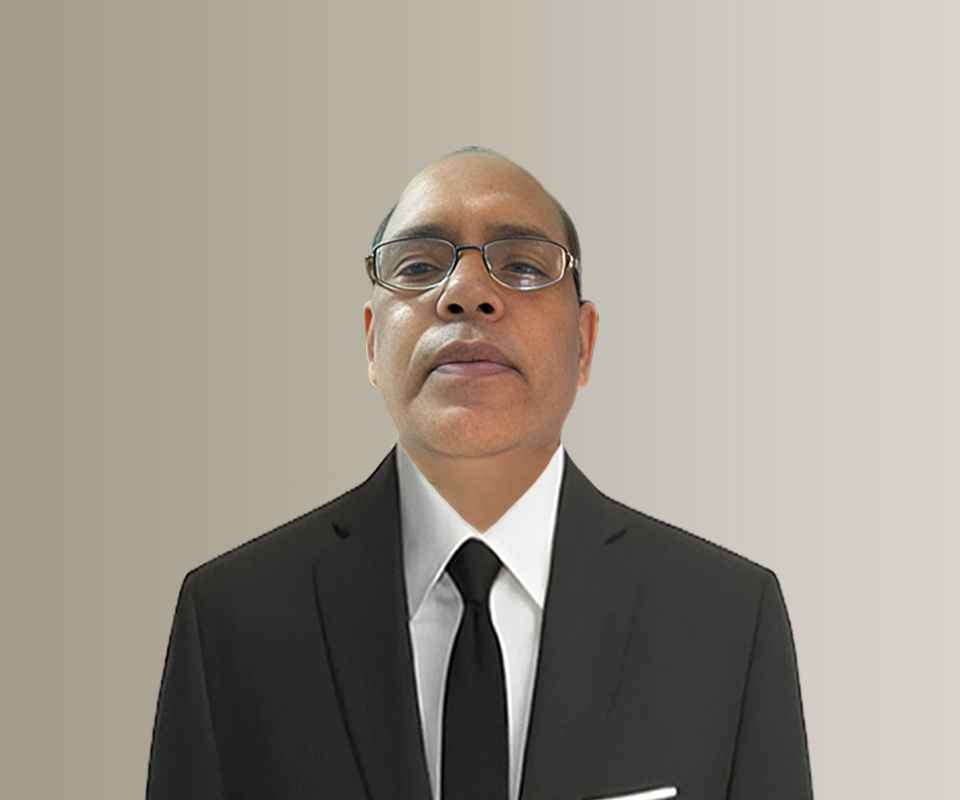Answer By law4u team
A disabled heir has the same legal rights to inherit property as any other heir, whether the property is ancestral or self-acquired. However, there may be cases where they are denied their share, either due to discrimination or manipulation by other family members. Indian inheritance laws, particularly the Hindu Succession Act (for Hindus), protect the rights of disabled heirs, ensuring they are not excluded from their rightful inheritance based solely on their disability.
Can a Disabled Heir Be Denied Property?
Equal Rights Under the Law:
Under Indian succession laws, including the Hindu Succession Act, 1956, Muslim personal laws, and other personal laws applicable to different communities, a disabled heir is not to be denied their rightful share of property. The law treats all legal heirs equally, regardless of disability, and protects them from discriminatory practices.
Hindu Succession Act:
The Hindu Succession Act ensures that both male and female heirs, including sons, daughters, and other legal heirs, have an equal right to inherit property. The Act does not differentiate between heirs based on their physical or mental abilities. Therefore, a disabled child or a disabled spouse has the same legal entitlement to property as any other heir.
Muslim Personal Laws:
Under Muslim personal laws, heirs are entitled to a fixed share of the property, and there is no distinction between disabled or non-disabled heirs in terms of entitlement.
Other Personal Laws:
Similar provisions apply to other communities, and heirs are generally not excluded due to disability.
Discrimination and Denial of Property:
While the law protects the rights of disabled heirs, it is still possible for a disabled heir to be denied their property if:
- They are excluded from a will or the intestate succession process.
- Family members or other heirs may attempt to manipulate the distribution of property, often citing reasons such as the heir's disability or perceived inability to manage the property.
However, such actions can be challenged in a court of law, as denying a disabled heir their legal rights is discriminatory and goes against the principles of equality and fairness.
Legal Recourse for Disabled Heirs:
Challenging a Will:
If a disabled heir is excluded from a will or does not receive a fair share, they can challenge the will in court, citing reasons such as undue influence, lack of testamentary capacity of the deceased, or discrimination based on their disability.
Court Intervention:
A disabled heir can approach the court and file a case to claim their rightful share under intestate succession laws if the deceased did not leave a valid will. The court will consider the entitlement of all legal heirs, including those with disabilities.
Guardianship:
In cases where the disabled heir is a minor or unable to manage their property due to their disability, a legal guardian or a court-appointed trustee may be designated to protect the heir’s interest and ensure that the property is not mismanaged or denied.
Property Distribution and Special Needs:
In some cases, a disabled heir may require special provisions to manage the inherited property, especially if their disability makes it difficult for them to take care of the assets. The family or legal representatives might be required to ensure that the property is managed on behalf of the disabled heir in a way that accommodates their special needs.
Guardianship for Minors:
If the disabled heir is a minor, the court may appoint a guardian who will manage the property on their behalf until they reach adulthood.
Special Provisions for Persons with Disabilities:
If a disabled heir cannot manage the property, they may be entitled to receive a portion of the income generated from the property, or the property can be sold or transferred to someone who can manage it, while ensuring the disabled heir receives a fair share of the proceeds.
Disability and Will Execution:
If the deceased had a will that excludes a disabled heir or leaves them a lesser share based on their disability, the heir can challenge the validity of the will. In India, a will can be contested on several grounds, including undue influence, lack of testamentary capacity, or discrimination. If the will is found to be discriminatory against a disabled heir, it can be invalidated, and the property will be distributed according to the laws of inheritance.
Example
Scenario 1:
Mr. Ramesh passes away, leaving behind an ancestral property. He has three children, one of whom is physically disabled. If Mr. Ramesh’s will excludes the disabled child or gives them a lesser share due to their disability, the disabled child can challenge the will in court. The court will assess the situation and, if necessary, declare the will invalid, ensuring the disabled child receives their fair share of the property according to intestate succession laws.
Scenario 2:
Mrs. Meera passes away leaving behind self-acquired property. She has a disabled son and other children. If the property is not divided equitably, the disabled son can file a case in court to claim his rightful share. The court will ensure that the disabled son receives a share according to the Hindu Succession Act, and provisions will be made for his special needs if necessary.
Conclusion
A disabled heir cannot be legally denied their share of property under Indian inheritance laws. Whether the property is ancestral or self-acquired, the disabled heir has the same inheritance rights as any other heir, and any attempt to discriminate or exclude them based on their disability can be challenged in a court of law. Legal recourse is available to ensure that the rights of disabled heirs are protected, and provisions can be made for their special needs when it comes to managing or inheriting property. Discrimination based on disability in property rights is illegal, and the law ensures equality for all heirs, regardless of their physical or mental condition.







